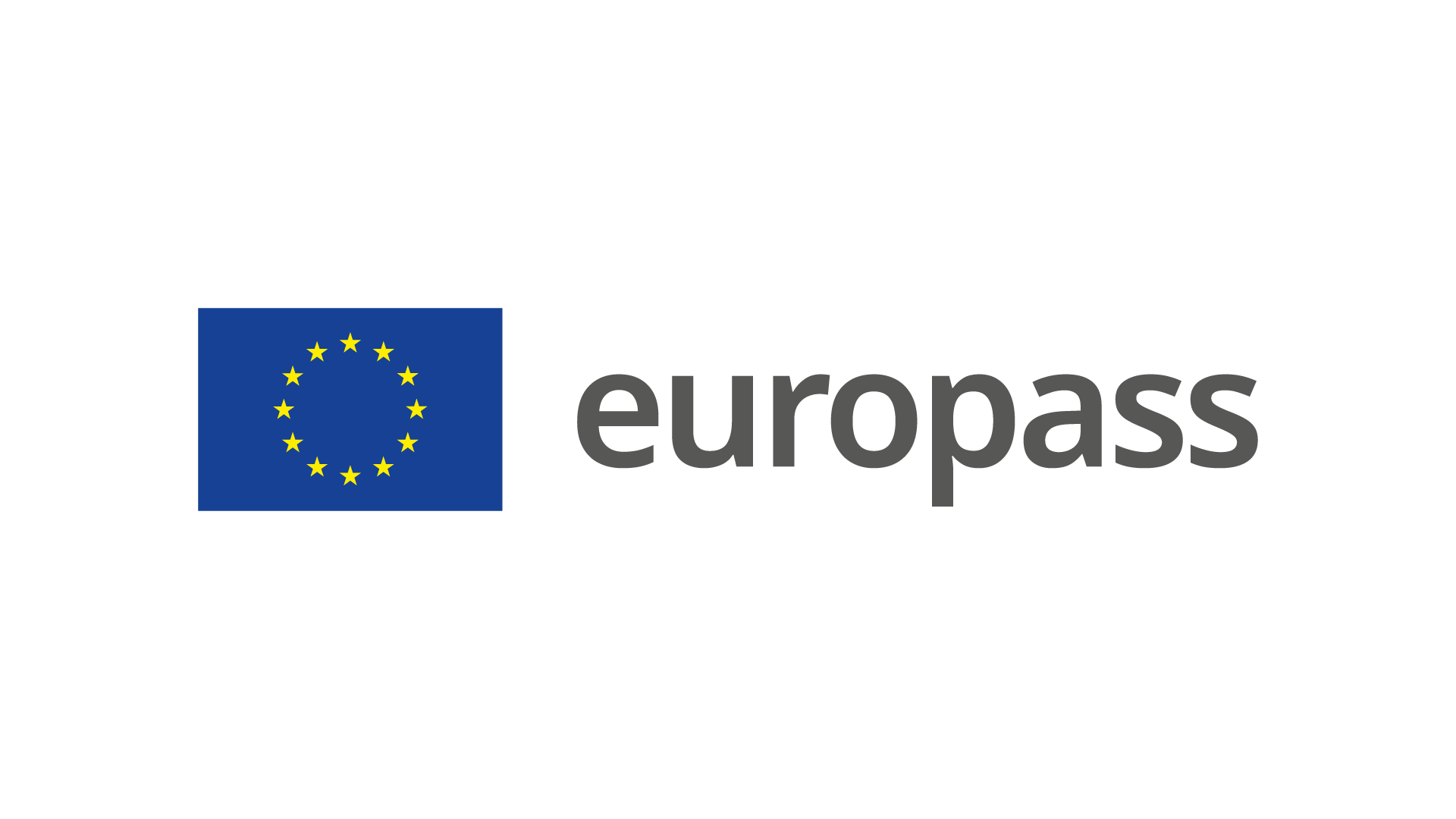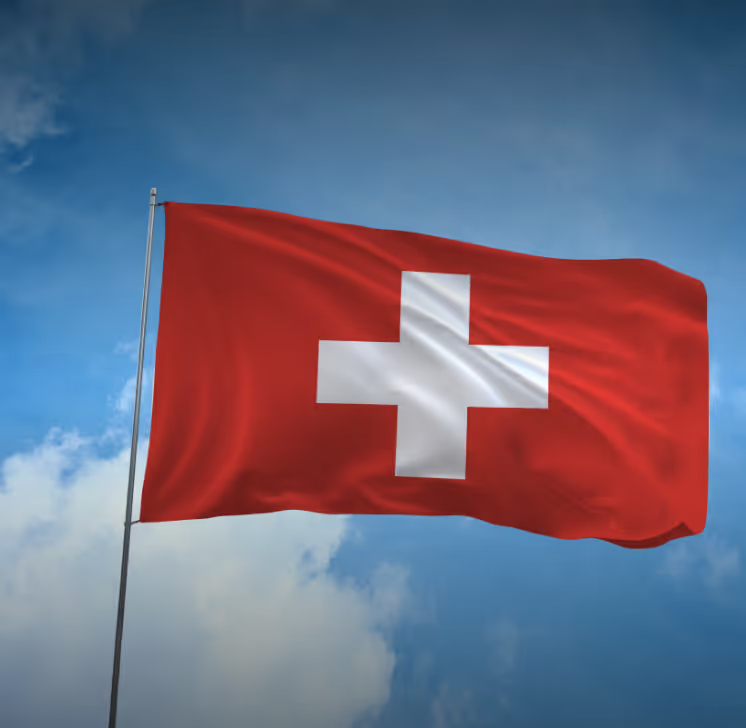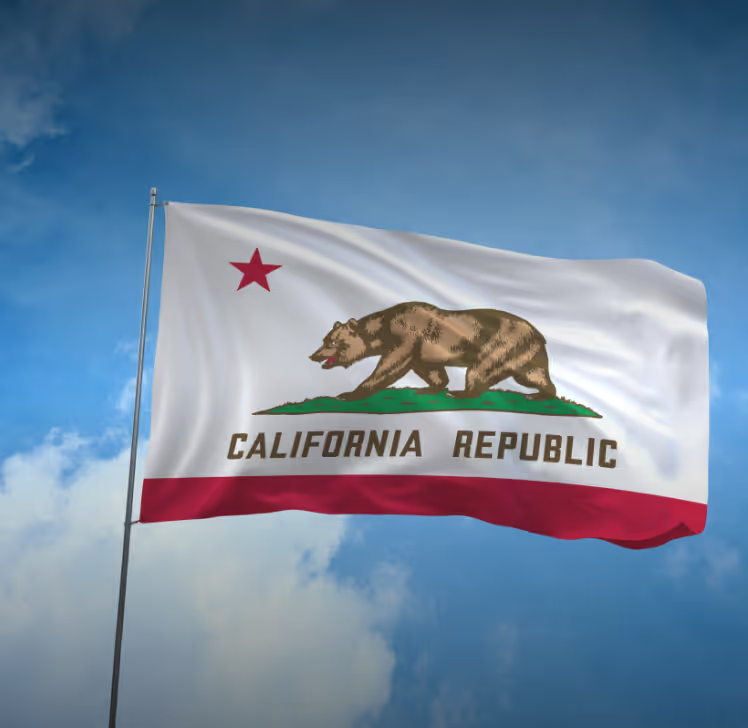
Woolf's Accreditation Status
Woolf is a licensed Higher Education Institution (license number 2019-015) accredited by the Malta Further and Higher Education Authority (MFHEA). Located in Malta, a member of the European Union since 2004 and the European Higher Education Area since 2010, Woolf operates within established European regulatory frameworks.
Global Recognition Framework
Accreditation Model
Woolf is a licensed Higher Education Institution (license number 2019-015) accredited by the Malta Further and Higher Education Authority (MFHEA). Located in Malta, a member of the European Union since 2004 and the European Higher Education Area since 2010, Woolf operates within established European regulatory frameworks.
European Union Recognition
All Woolf degrees are issued with ECTS credits and listed on the European Union's EUROPASS website. Transcripts include EUROPASS supplements to facilitate degree mobility across EU member states. The European Credit Transfer System is the largest credit recognition system in the world. Students earn credits as they complete their courses and these credits are recognized by hundreds of educational institutions and dozens of countries around the world. This allows students to earn degrees that are recognizable and credits that are transferable.
United States and Canada
Woolf degrees are recognized through credential evaluation services in the United States and Canada, supporting both employment and further education opportunities.
Lisbon Recognition Convention
Woolf degrees are recognized in more than 60 countries, including those under treaty obligation as signatories to the Lisbon Recognition Convention.
International Memberships
Comprehensive Quality Standards
Woolf's quality assurance framework aligns with European Standards and Guidelines (ESG 2015), ensuring consistent academic excellence across all programs and colleges.
The framework encompasses:
ECTS Statement
ECTS standards, following the European Standards and Guidelines 2015 (ESG 2015) are validated by an approved regulatory authority.
The Malta Further and Higher Education Authority (MFHEA), which is partially funded by the European Commission and European Union, implements ESG 2015 with the aim of further promoting quality in further and higher education. In September 2019, the Malta Further and Higher Education Authority (MFHEA) (previously the National Commission for Further and Higher Education (NCFHE)) licensed Woolf as a degree-granting, accredited, Higher Education Institution. This license is recognized within the European Qualifications Framework (EQF) and allows for transportability of higher education credits and degrees within the European Union. Malta is a member of the Bologna Process and the European Higher Education Area (EHEA). Programs with ECTS accreditation via Woolf are specifically designated as such. In Europe, Woolf is a Higher Education Institution and is not licensed as a “university,” which is a specially reserved term. As a licensed Higher Education Institution, Woolf is able to offer bachelor’s, master’s, and doctoral degrees with the same status as issued by a “university.” Woolf expects to add the title of “university” (a matter of prestige but not accreditation) as it increases its publishing outputs.
Woolf’s Regulatory and Accreditation Frameworks
European Credit Transfer System (ECTS)
All Woolf (MT) degrees are issued with ECTS credits. ECTS accreditation is the most sophisticated, widely recognized accreditation system in the world.

Europass European Union
All Woolf degrees are listed on the European Union’s EUROPASS website, and all transcripts are issued with EUROPASS supplements to facilitate degree mobility.


Council of Europe and UNESCO
Woolf degrees are recognized by more than 60 countries, including those who are under treaty obligation as signatories to the Lisbon Recognition Convention. The full list of signatory countries can be found on the United Nations website and the Council of Europe website.

European Higher Education Area
The European Higher Education Area (EHEA) today comprises 49 member countries - more than just Europe. All the Higher Education Institutions in the EHEA use the European Credit Transfer System (ECTS), providing a shared framework for accrediting courses and degrees.

Bologna Process
The Bologna Process names the agreements which harmonize the accreditation standards of Europe. The process created not only the EHEA, but also the European Credit transfer System. Initially this was a system to transfer credits between institutions, and later it became the standard way to refer to the credits themselves, such as '90 ECTS credits'.

European Commission
The European Commission is the executive branch of the European Union. It is responsible for proposing legislation, enforcing EU laws and directing the Union's administrative operations, including education initiatives and policy-making. It oversees the ECTS system. All EHEA countries have adopted the European Standards and Guidelines (ESG 2015).

Malta Further & Higher Education Authority
ECTS standards are validated by an approved local regulatory authority. Woolf is licensed by the Malta Further and Higher Education Authority (MFHEA), which implements the ESG 2015 with the aim of further promoting quality in further and higher education.

International Council for Open and Distance Education
Woolf is an official member institute of ICDE. The International Council for Open and Distance Education aims to transform the world through inclusive education, and is the leading membership organization working to bring quality education to all.

EDEN Digital Learning Europe
Woolf is an official member of EDEN Digital Learning Europe. It exists to share knowledge and improve understanding amongst professionals in distance and e-learning and to promote policy and practice across the whole of Europe and beyond.

EURASHE
Woolf is an affiliate member of EURASHE, a European association promoting the voice of applied universities and representing over 600 higher education institutions.


